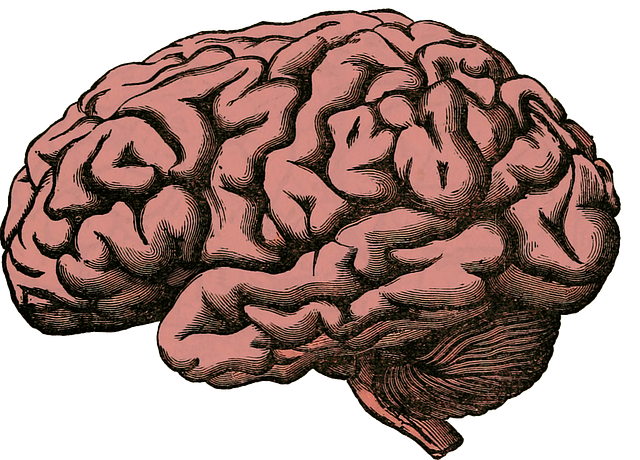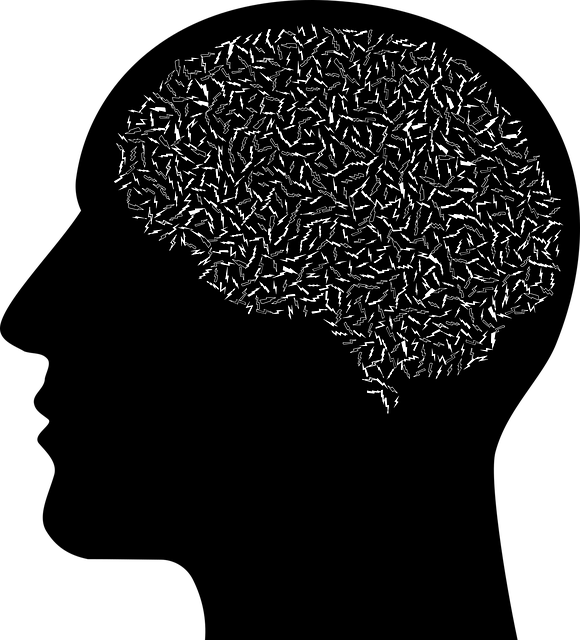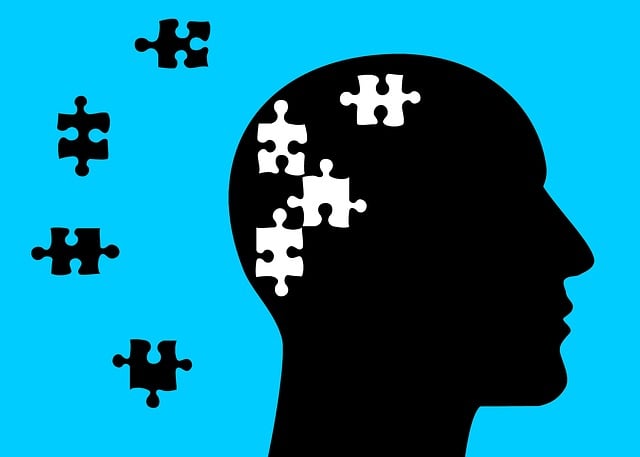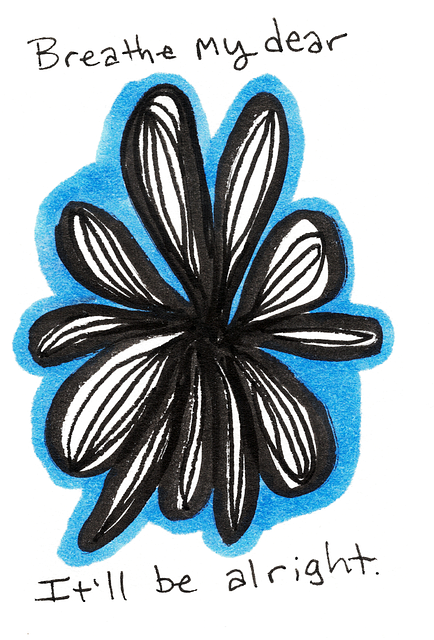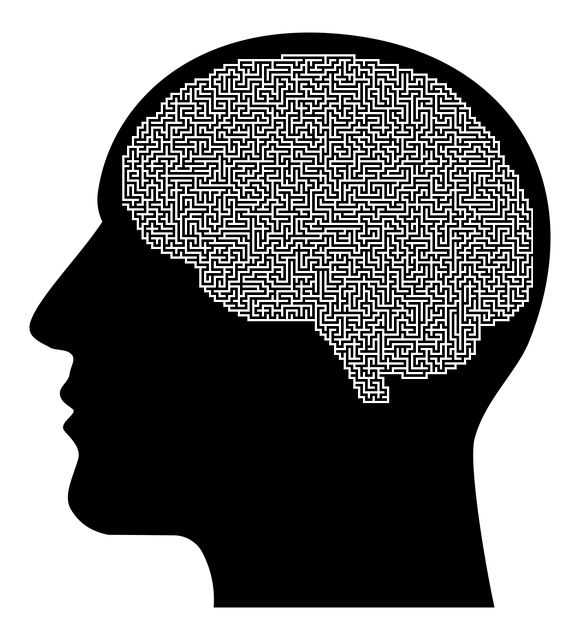Mental wellness is a critical aspect of overall health, particularly for Russian-speaking adults facing cultural barriers and stigma related to mental health discussions and therapy access. This text emphasizes the need for awareness campaigns, open dialogue, and stigma reduction strategies to empower this demographic. By offering accessible resources, bilingual services, and educating communities about mental wellness through programs like Burnout Prevention Strategies and Mental Health Education, we aim to break down obstacles. Effective treatments such as Cognitive Behavioral Therapy (CBT), Mindfulness-Based Stress Reduction (MBSR), and Dialectical Behavior Therapy (DBT) are available, with stigma reduction efforts crucial for encouraging access. Specialized Therapy for Adults Russian Speaking services and public awareness campaigns promote mental health by educating communities on distress recognition and crisis intervention, reducing stigma, and fostering proactive care.
Mental wellness is a cornerstone of overall well-being, yet many Russian-speaking adults face unique challenges in accessing support. This article explores the significance of mental health promotion within this demographic and the specific barriers they encounter when seeking therapy. We delve into available treatment options tailored to their needs and highlight essential resources and support systems. Understanding these factors is crucial in overcoming cultural and language obstacles, ensuring Russian-speaking adults receive the quality care they deserve for optimal mental health.
- Understanding Mental Wellness and Its Significance for Russian-Speaking Adults
- Barriers to Seeking Therapy: Overcoming Cultural and Language Obstacles
- Types of Therapy Available for Russian-Speaking Adult Individuals
- Resources and Support Systems for Optimal Mental Health Promotion
Understanding Mental Wellness and Its Significance for Russian-Speaking Adults

Mental wellness is a crucial aspect of overall well-being, encompassing emotional, psychological, and social health. For Russian-speaking adults, understanding and prioritizing mental wellness can be even more significant due to cultural factors and unique challenges they may face. In many communities, discussing mental health issues openly is still a sensitive topic, often surrounded by stigma and misconceptions. This can lead to individuals experiencing anxiety, depression, or other mental illnesses without seeking the necessary therapy for adults Russian speaking.
Promoting mental wellness involves raising awareness about common mental health concerns, encouraging open dialogue, and reducing the stigma associated with seeking help. By providing accessible resources and support systems, we can empower Russian-speaking adults to take charge of their mental health. Anxiety relief, depression prevention, and mental illness stigma reduction efforts are all integral parts of this process, ensuring that individuals feel supported and equipped to navigate any challenges they may encounter.
Barriers to Seeking Therapy: Overcoming Cultural and Language Obstacles

Many individuals from Russian-speaking backgrounds face unique barriers when considering therapy, often due to cultural and language differences. Accessing mental health services can be challenging, especially for those who are new to a country with different cultural norms and practices. Language acts as a significant obstacle, making it hard for people to express themselves and connect with therapists who don’t share their native tongue. This can lead to feelings of isolation and an unwillingness to seek help.
Cultural misconceptions and stigma surrounding mental health issues also play a role. Some Russian-speaking communities may have different perspectives on therapy, viewing it as a sign of weakness or personal failure. Overcoming these barriers requires cultural sensitivity and the availability of Russian-speaking therapists who can provide safe spaces for vulnerable individuals to share their experiences. Offering accessible therapy options, such as bilingual or multicultural mental health services, along with educating communities about mental wellness through programs like Burnout Prevention Strategies for Healthcare Providers and Mental Health Education Programs Design, is crucial in breaking down these cultural and language barriers.
Types of Therapy Available for Russian-Speaking Adult Individuals

For Russian-speaking adult individuals seeking support for their mental wellness, a variety of therapy options are available that cater to diverse needs and preferences. Cognitive Behavioral Therapy (CBT) has proven effective in treating various mental illnesses, helping clients identify and change negative thought patterns and behaviors. This type of therapy is widely accessible and well-researched, offering practical tools for managing stress, anxiety, and depression.
Additionally, therapies focused on mindfulness, such as Mindfulness-Based Stress Reduction (MBSR) and Dialectical Behavior Therapy (DBT), are gaining popularity. These approaches foster resilience building by teaching individuals how to stay present, regulate emotions, and improve overall mental wellness. Mental illness stigma reduction efforts also play a significant role in encouraging Russian-speaking adults to seek help, creating inclusive environments that promote open conversations about mental health.
Resources and Support Systems for Optimal Mental Health Promotion

For optimal mental health promotion, individuals should leverage various resources and support systems. Therapy for adults Russian speaking is accessible through specialized clinics and online platforms, offering a safe space to discuss personal struggles. Qualified therapists employ evidence-based practices tailored to cultural needs, ensuring effective communication strategies for meaningful healing.
Beyond individual therapy, public awareness campaigns development plays a crucial role in fostering mental wellness. These initiatives educate communities on recognizing signs of distress and providing crisis intervention guidance. By integrating such programs into social fabric, we can cultivate an environment that prioritizes mental health, reducing stigma and encouraging proactive care.
Promoting mental wellness among Russian-speaking adults involves addressing cultural barriers and providing accessible resources. By overcoming language obstacles and offering diverse therapy types, we can ensure that this population receives the support they need for optimal mental health. Expanding awareness about available services and fostering inclusive environments is crucial in encouraging individuals to prioritize their well-being and seek the professional help they deserve, specifically tailored to their unique needs as Russian-speaking adults.


